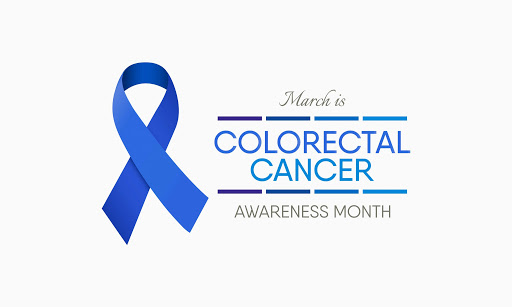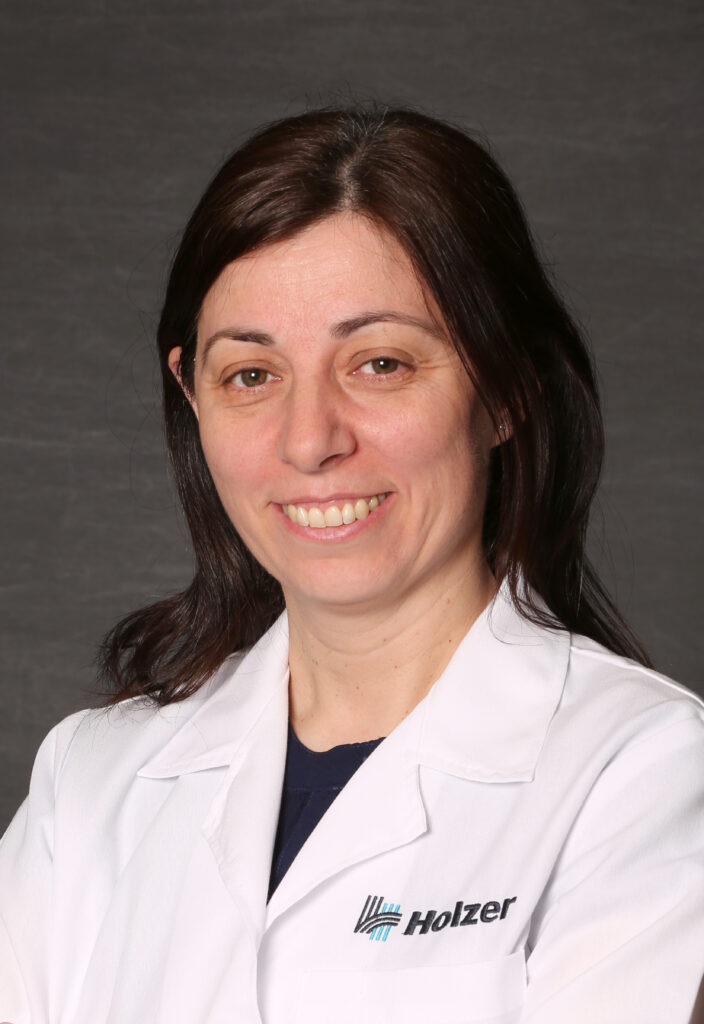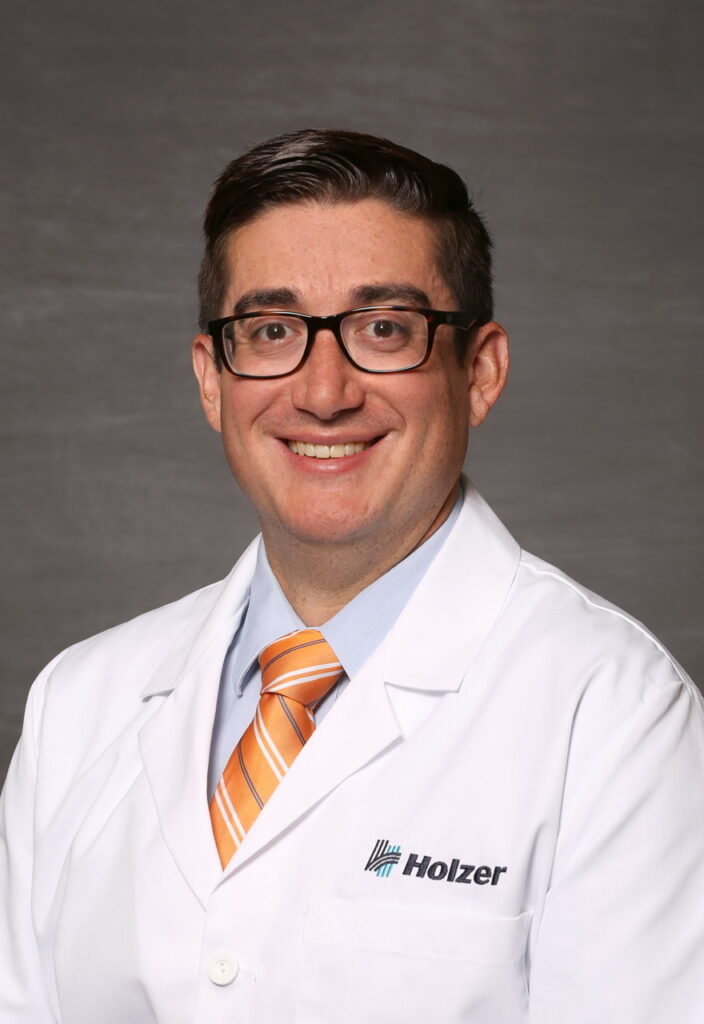March is Colorectal Cancer Awareness Month


March is Colorectal Cancer Awareness Month
Screening and Early Detection is Key to Effective Treatment
GALLIPOLIS, Ohio – March is Colorectal Cancer Awareness Month, and a good time to learn more about colorectal cancer (cancer of the colon and rectum) and how it can be prevented or treated.
This year, approximately 140,000 new cases of colorectal cancer will be diagnosed, and 56,000 people will die from the disease. This is a heartbreaking number of people and the count only increases when you think about all the family and friends who have lost loved ones. Though losing a loved one is hard, deciding to inquire about life insurance, as well as looking at this Guide for buying cash value life insurance, can help to make the grieving process easier to handle if you know you have financial security. Whilst this is always an option, it may never need to come to this point. This is because colorectal cancer can be prevented through regular screenings, a healthy diet, and regular exercise.

To bring awareness to colorectal cancer and discuss prevention and risk factors, Holzer will be offering two seminar events. Ana Petrova, MD, Gastroenterology, Holzer Health System, will be leading a discussion on Tuesday, March 10 at 5:30 p.m. at Holzer Gallipolis in the Davis Family Conference Rooms BC on the Ground Floor of the Hospital. In addition, Brian Torski, DO, Gastroenterology, Holzer Health System, will be offering a seminar at Ohio University Inn in Athens on Thursday, March 26 at 5:30 p.m. Each event will feature a $100 gift card drawing! (*Must be present to win.) Dinner will be provided during the seminar.
How can I lower my risk?
To lower your risk of colorectal cancer, the American Society of Colon and Rectal Surgeons recommends that you: • Get regular colorectal cancer screenings after age 45. Between 80-90% of colorectal cancer patients are restored to normal health if their cancer is detected and treated in the earliest stages. • Eat a low-fat, high-fiber diet. • If you use alcohol, drink only in moderation. If you use tobacco, quit. If you don’t use tobacco, don’t start. Alcohol and tobacco in combination are linked to colorectal cancer and other gastrointestinal cancers. • Exercise for at least 20 minutes three to four days each week. Moderate exercise such as walking, gardening or climbing steps may help. •
Can colorectal cancer be cured?
Since there are very few symptoms associated with colorectal cancer, regular screening is essential. Screening is beneficial for two main reasons: colorectal cancer is preventable if polyps that lead to the cancer are detected and removed, and it is curable if the cancer is detected in its early stages.
In addition, studies have shown that patients treated by colorectal surgeons — experts in the surgical and nonsurgical treatment of colon and rectal problems — are more likely to survive colorectal cancer and experience fewer complications. This is attributed to colorectal surgeons’ advanced training and the high volume of colon and rectal disease surgeries they perform.
Who is at risk for colorectal cancer?
The risk of developing colorectal cancer increases with age. All men and women aged 45 and older are at risk for developing colorectal cancer and should be screened. Some people are at a higher risk and should be screened at an age younger than 45, including those with a personal or family history of inflammatory bowel disease; colorectal cancer or polyps; or ovarian, endometrial or breast cancer.

Current screening methods include fecal occult blood testing (a simple chemical test that can detect hidden blood in the stool), flexible sigmoidoscopy (a visual examination of the rectum and lower portion of the colon, performed in a doctor’s office), double contrast barium enema (barium x-ray), colonoscopy (a visual examination of the entire colon) and digital rectal exam. Colorectal cancer screening costs are covered by Medicare and many commercial health plans. You should find out from your colorectal surgeon or other healthcare provider which screening procedure is right for you and how often you should be screened.
For more information or to RSVP for the free seminar with Drs. Petrova or Torski, please call (740) 446-5828.









